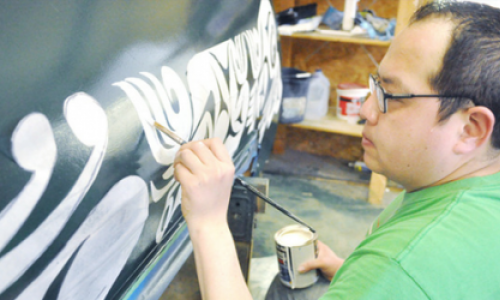
During the past semester I worked as a technical writing co-op student for an international start-up tech company. On my first day of work, I was unexpectedly informed that my would-be supervisor had resigned - leaving me temporarily as the only technical writer in the entire organization of 250+ employees. Despite the challenge of having to work without a supervisor for a month, it turned out to be my best work experience and I would like to share with you what I learned so that the job can get the exposure it deserves.
What is Technical Writing?
One of my biggest motivators for writing this article is that not a lot of students know what technical writing is. Although a number of these jobs are posted on Symplicity each semester, not much is known about the job. "Editorial", "event planning", and "marketing" are some of the phrases we are better familiar with, and tend to understand more easily. On the other hand, the word "technology" is so vast - it can mean anything from the invention of the wheel to some complex, computer-whatever concept. The reality is a bit simpler: your job as a technical writer is to create useful documentation (often in the form of user manuals or online help) that can be easily understood by an intended audience. Regardless of the medium of your message, it is a high-visibility job where your work is seen directly by customers.
What do Employers Look For?
Surprisingly, co-op employers aren't usually looking for a technical whiz to fill the job. Technology is constantly evolving, and I guarantee that no-one knows everything about it. As my supervisor explained, what's more important is the ability to quickly grasp complex ideas and clearly communicate the subject matter. But of all the things he said, what struck me most was his emphasis on having a willingness to learn and the discretion to admit it when you do not know something. They don't expect you to know everything, but you have to be ready to identify what you don't know so that they can teach you.
Why You Should Choose Technical Writing?
To be completely honest, technical writing was not my intended job choice. I applied for the job hoping to hone my writing skills and gain work experience while learning about the unfamiliar. Before, I was pretty sure I wouldn't get the job and was pretty horror-stricken when I did. But now, I couldn't be happier that I had this experience. At the heart of it all, the technical writer's job is to take a complex, foreign concept and break it down into something that can be easily understood by those who lack the technical knowledge. For a fledgling co-op student looking to learn not just about technology, but what it means to work in a fast-paced team environment, this job offered everything- I just needed to take the leap.














